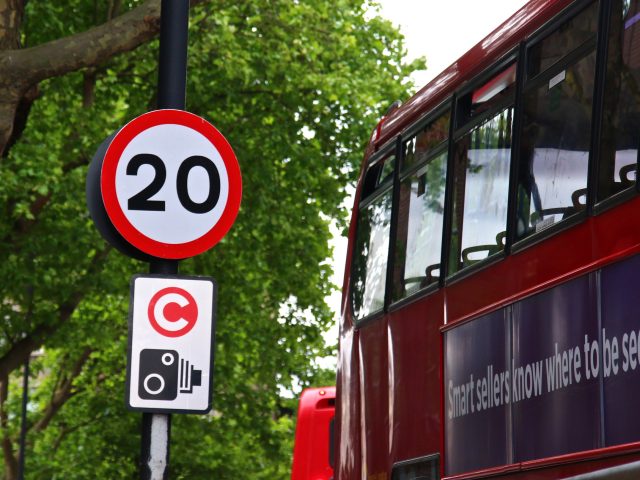Teenage lorry drivers would worsen road safety
The European Commission is coming under pressure from the road transport industry to decrease the recommended minimum age of professional drivers in all sectors to 18, with training allowed from aged 17. In a new briefing, ETSC says the evidence shows younger drivers would increase the risks to all road users.
While collisions involving HGVs are fewer in number than those involving cars, they are more deadly due to the size and weight of the vehicles. A 2020 ETSC PIN report on the safety of goods vehicles in the EU showed that, per billion km travelled, HGVs are considerably more likely to kill other road users than non-goods vehicles.
The EU is currently reviewing the rules for driver licenses across all vehicle categories, with updated legislation expected to be proposed next year. ETSC has gathered data on collision involvement among young drivers in general as well as statistics from countries including Finland, Germany and Poland that already allow 18-year-olds to drive the largest vehicles, under certain conditions. The available data show clearly that the youngest drivers are more often involved in collisions. Research has shown this is linked, in part, to the development of the human brain
Cognitive development during puberty can lead to greater emotional instability and more assertive behaviour. Consequently, as road users, young people tend to display risky behaviours and have a diminished appreciation of the hazards they face. Biological research shows that, at the age of 18, areas of the human brain which are responsible for the integration of information and impulse control are still developing.
ETSC says the minimum driving ages for all vehicle categories should not be decreased further and the lorry driver shortage should be addressed through improvements to working conditions, not by targeting youngsters.







